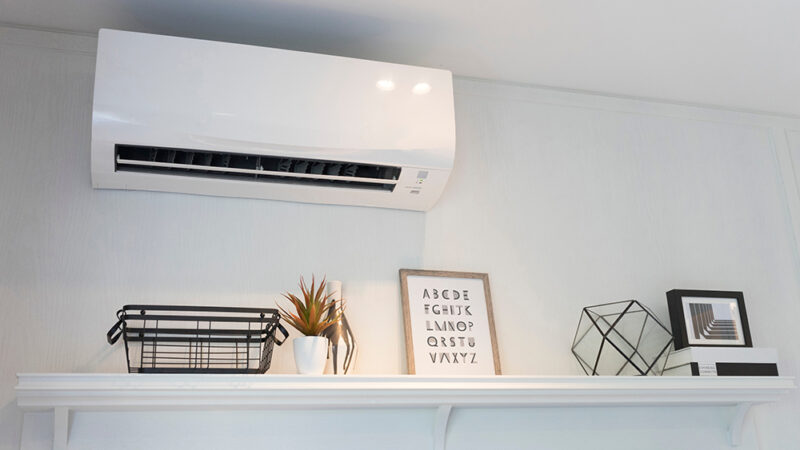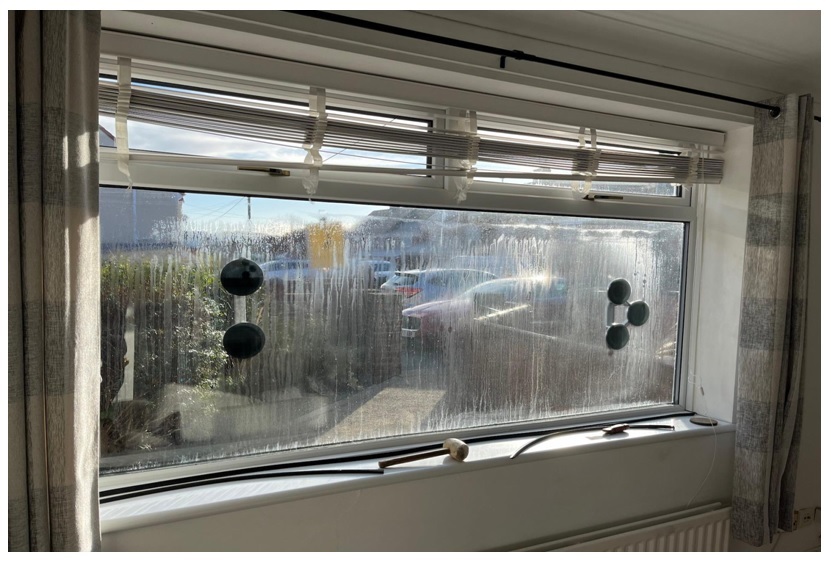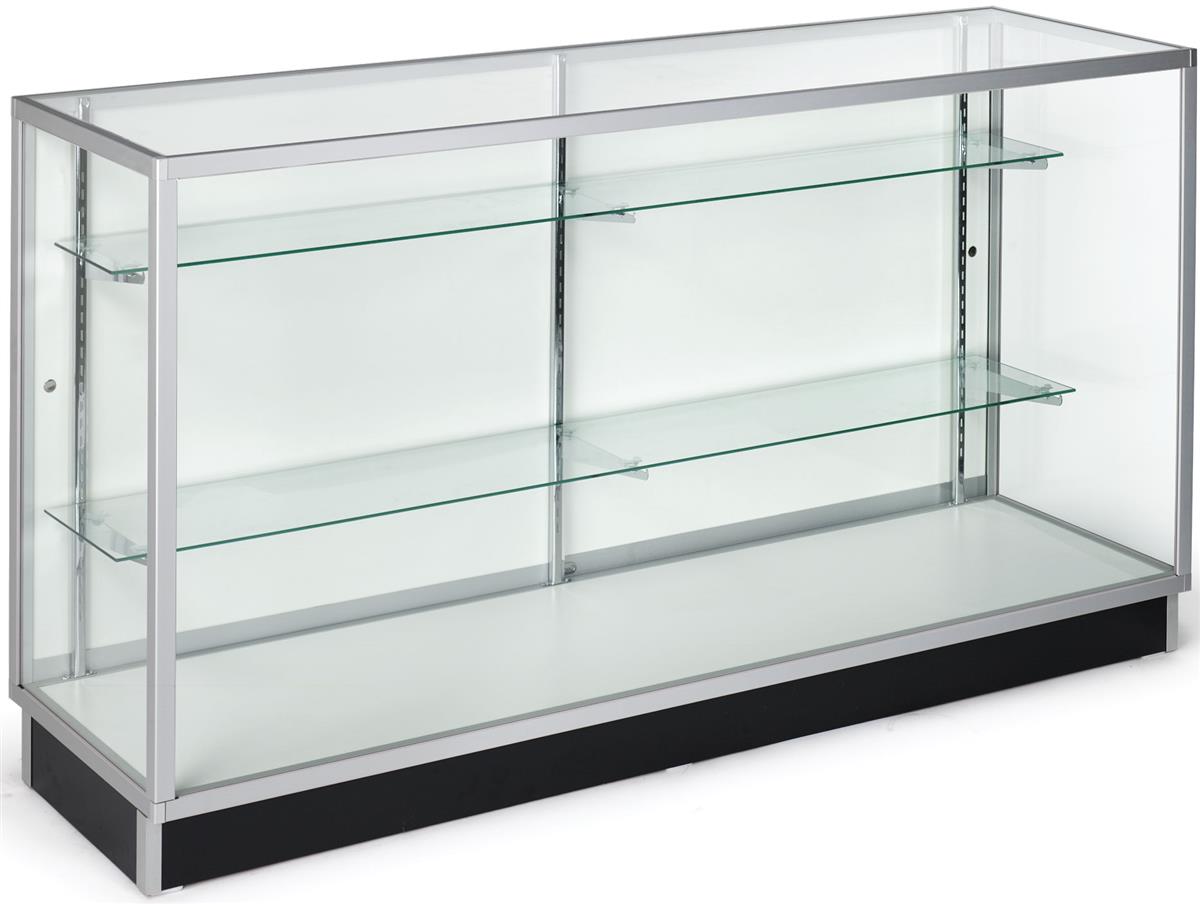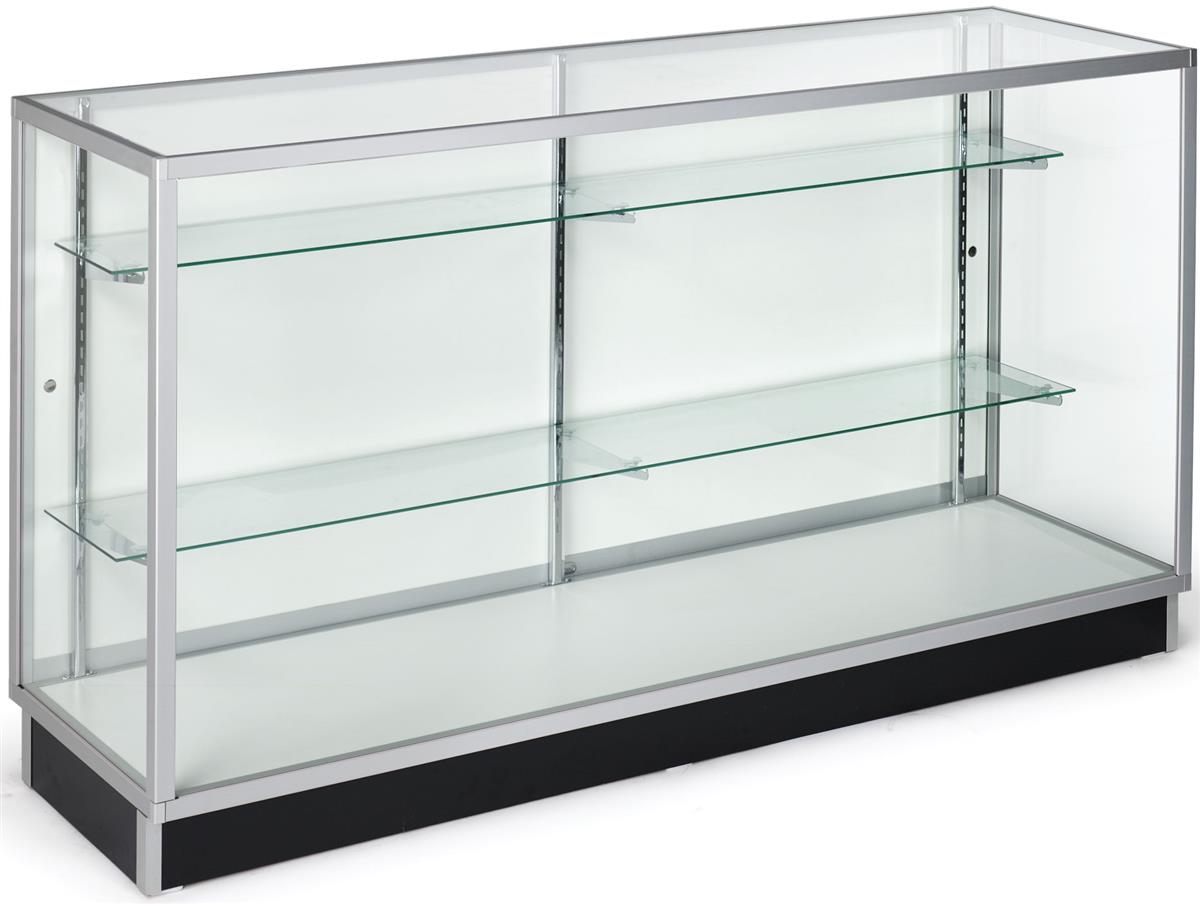Boosting Your Home’s Energy Efficiency

Rising energy costs and inflation have made heating the home more of a challenge than ever before. Not only that, but many people are trying to reduce their energy consumption overall, being more mindful of their environmental impact. In the modern world, it’s more important than ever to find ways to reduce energy usage and one of the most effective ways to do this is by improving the overall energy efficiency of your home.
Whether you live in an older home or a new build, improving your overall energy efficiency may be simpler than you might think. You can make small changes to make a big difference over time, and there may also be some bigger projects you can start to significantly improve the efficiency of your home. This way, you can keep your temperature gauge from RS at a comfortable level without breaking the bank.
Energy Efficient Appliances
Modern appliances such as dishwashers and washing machines are built with energy efficiency in mind. This means that they waste as little energy as possible, only using the amount required to complete the task. Most homes will have appliances, and they’re normally very useful, making your life easier and potentially saving you time and money. However, they can use a lot of power.
When choosing new appliances, make sure you consult the energy label. You should also consider the size of the appliance and what you need it for. If you’re a single household, you probably don’t need the largest possible washing machine. Both the size of an appliance and the energy rating will affect how much energy it uses.
You can also reduce energy consumption by using your appliances smartly. Try to only use them when you really need to, and avoid running half loads of washing or putting the dishwasher on for just a few items. You can also try washing at lower temperatures, which will reduce the amount of power used.
Insulating Your Home
Insulation is necessary for preventing the transfer of heat energy between your home and the outdoors. This means it helps keep your home warm in the winter and cooler in the summer. Ideally, your home should already be well insulated, but not all buildings are. Insulation can be applied to lofts, wall cavities and even floors. It’s a good idea to invest in insulation if you don’t already have it, as it goes a long way to reducing energy use and saving costs in the long term.
However, when choosing insulation it’s important to choose a suitable material and a CIGA-accredited provider. Poorly fitted insulation may lead to ventilation issues, potentially causing damp and mould to spread throughout your home. Before any insulation is applied, make sure you deal with damp issues so they don’t become an issue later on.
As well as insulating walls, floors and roofs, it’s possible to insulate your doors and windows. This means making sure the frames are properly fitted and sealed, and that any glass is double glazed. Double glazing adds a layer of insulative air between the panes to reduce heat transfer, meaning you’ll spend less energy heating your home.
Solar Panels
Most of the energy we use is taken from the national grid. While some of this is from renewable sources, much of it is still provided by fossil fuels. You can increase your energy efficiency and reduce your dependence on fossil fuels by installing solar panels on your home. While this may be expensive, it can potentially save you a lot of money in the long run. However, you should get some quotes and do the calculations before you commit to it.






